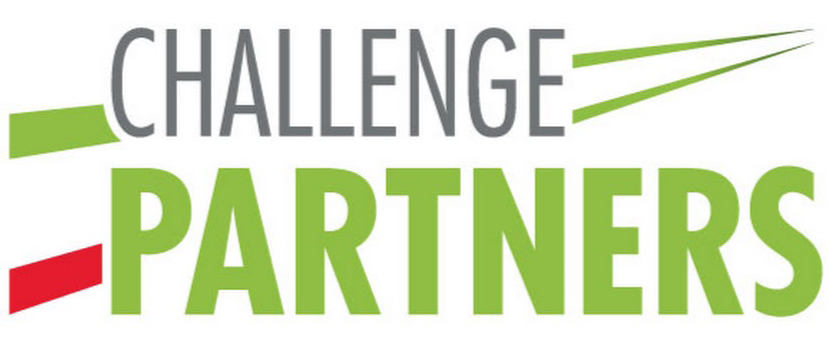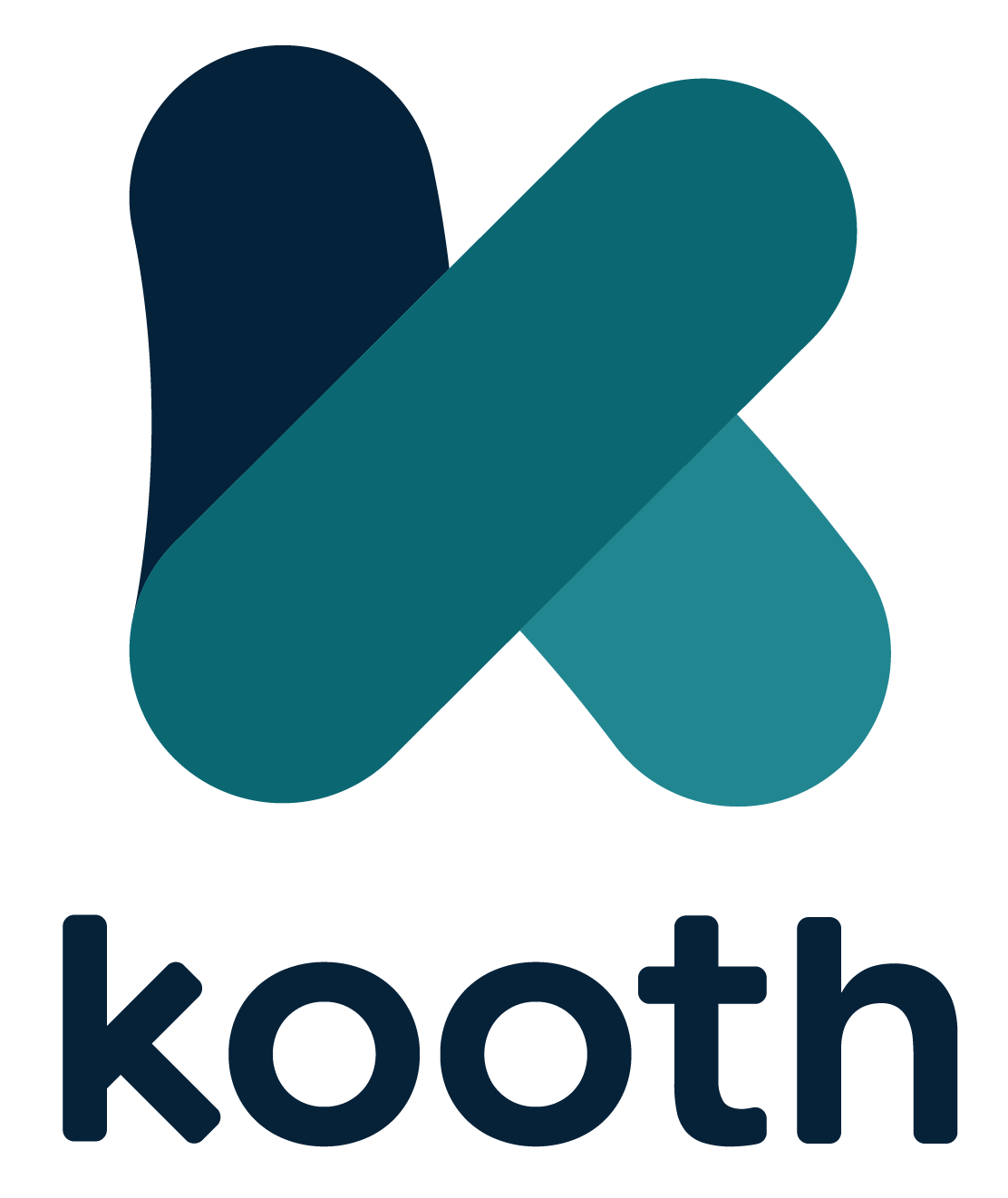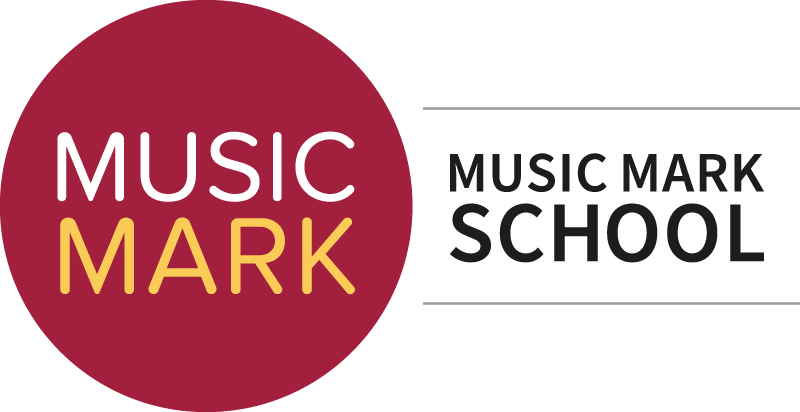Mathematics
Why do we study Maths?
Mathematics is a universal part of human culture. It is the tool and language of commerce, engineering and other sciences – physics, computing, biology etc. It helps us recognise patterns and to understand the world around us. Mathematics plays a vital, often unseen, role in many aspects of modern life, for example:
- space travel
- safeguarding credit card details on the internet
- modelling the spread of epidemics
- predicting stock market prices
- business decision making
As society becomes more technically dependent, there will be an increasing requirement for people with a high level of mathematical training. Analytical and quantitative skills are sought by a wide range of employers. Competency in Mathematics can leads to careers that are exciting, challenging and diverse in nature.
Mathematics is an exciting and challenging subject which continues to develop at a rapid rate across many research areas. It has a natural elegance and beauty. Taking a real world problem and creating and applying mathematical models to aid understanding is often hugely satisfying and rewarding.
Programme of Study
Key Stage 3 – Years 7, 8 and 9
|
KS3 |
YEAR 7 |
YEAR 8 |
|
AUTUMN |
|
|
|
SPRING |
|
|
|
SUMMER |
|
|
|
KS3 |
YEAR 9 – FOUNDATION |
YEAR 9 - HIGHER |
|
AUTUMN |
|
|
|
SPRING |
|
|
|
SUMMER |
|
|
Key Stage 4 – Years 10 and 11
|
KS4 |
YEAR 10 – FOUNDATION |
YEAR 10 - HIGHER |
|
AUTUMN |
|
|
|
SPRING |
|
|
|
SUMMER |
|
|
|
KS4 |
YEAR 11 – FOUNDATION |
YEAR 11 - HIGHER |
|
AUTUMN |
|
|
|
SPRING |
|
|
|
SUMMER |
Tailored revision (content to be decided by individual teachers) |
Tailored revision (content to be decided by individual teachers) |
Key Stage 5 – Years 12 and 13
Year 12 Mathematics
- Autumn Term: Algebraic expressions, Quadratics, Equations and inequalities, Binomial expansion, Measures of location and spread, Algebraic methods, Differentiation, Modelling in mechanics, Differentiation, Integration, Representations of data, Correlation, Vectors, Constant acceleration
- Spring Term: Straight line graphs, Circles, Data collection, Probability, Trigonometric ratios, Forces and motion, Trigonometric identities, Statistical distributions, Equations and inequalities, Graphs and transformations, Variable acceleration
- Summer Term: Exponentials and logarithms, Hypothesis testing, Algebraic methods, Functions and graphs
Year 12 Further Mathematics
- Autumn Term: Complex numbers, Series, Algebra and functions, Calculus, Matrices
- Spring Term: Matrices, Proof, Vectors
- Summer Term: Vectors, Tailored revision (content to be decided by individual teachers)
Year 13 Mathematics
- Autumn Term: Radians, Trigonometric functions, Regression, correlation and hypothesis testing, Differentiation, Moments, Integrations Part 1, Conditional probability, Integration Part 2, Forces and friction
- Spring Term: Sequences and series, Normal distribution part 1, Binomial expansion, Projectiles, Trigonometry and modelling, Normal distribution part 2, Vectors, Applications of forces part 1
- Summer 1: Parametric equations and parametric differentiation, Application of forces part 2, Numerical methods, Further kinematics
- Summer 2: Tailored revision (content to be decided by individual teachers)
Year 13 Further Mathematics
- Autumn Term: Complex numbers, Series, Algebra and functions, Calculus, Matrices, Proof, Vectors
- Spring Term: Complex numbers, Further algebra and functions, Series, Further calculus, Polar coordinates, Hyperbolic functions
- Summer 1: Differential equations, Tailored revision (content to be decide by individual teachers)
- Summer 2: Tailored revision (content to be decided by individual teachers)
Useful Resources
Key Stage 3
- Sparx
- MathsWatch
- CGP KS3 Revision Guide
Key Stage 4
- Sparx
- MathsWatch
- mathsgenie.co.uk
- corbettmaths.com
- CGP Revision Guide
- CGP Exam Questions
- Pearson KS4 Revision Guide
- Pearson KS4 Revision Workbook
Key Stage 5
- Pearson Edexcel AS and Level Textbooks
- Year 1 Pure
- Year 2 Pure
- Year 1 Statistics and Mechanics
- Year 2 Statistics and Mechanics
- Drfrostmaths.com
- ExamSolutions - https://old.examsolutions.net/a-level-maths/edexcel/
- NaikerMaths - https://naikermaths.com
- TLMaths - https://sites.google.com/view/tlmaths/home/a-level-maths/full-a-level
- MadasMaths - https://www.madasmaths.com
Homework
Home learning is used to further develop and consolidate the concepts taught in class. This will consist of both written assignments and online tasks that are completed throughout the year. We predominantly use Sparx for online activities and past exam questions for written tasks.
Homework for Key Stage 3, 4 and 5 follows the school homework policy
- Completed on a weekly basis
- Detentions are set for missed homework and repeated missed homework
- Students are offered support for homework through our homework help clubs
- Extra homework may be set by the teacher especially in the run up to key assessment points
Enrichment Opportunities
The UK Maths Challenge
Our biggest competitions are the Junior, Intermediate and Senior Mathematical Challenges, which have over 700 000 entries across the country each year, and are the UK's most popular school competitions. We invite the highest-scoring students to take part in follow-on rounds such as the Junior, Grey, Pink and Senior Kangaroos and the Junior, Cayley, Hamilton and Maclaurin Olympiads.
We invite high scorers in the Senior Mathematical Challenge to sit the British Mathematical Olympiad Round 1, which feeds in to the training and selection of the team to represent the UK at the prestigious International Mathematical Olympiad, the annual Olympic games of mathematics, and other international competitions.






